Optimal Timing for Radiant Floor Heating
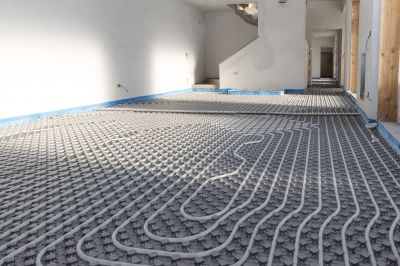
Installing radiant floor heating during new construction ensures seamless integration and optimal performance.
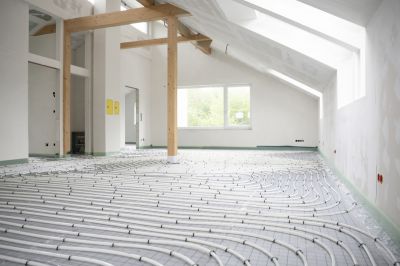
These seasons provide suitable weather conditions for installation without extreme cold or heat.
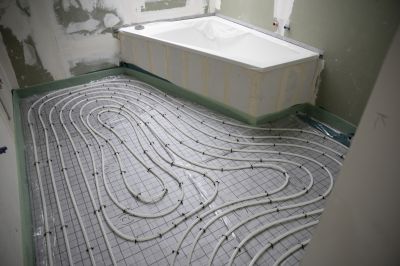
Installing during winter can be challenging due to cold temperatures and busy schedules.
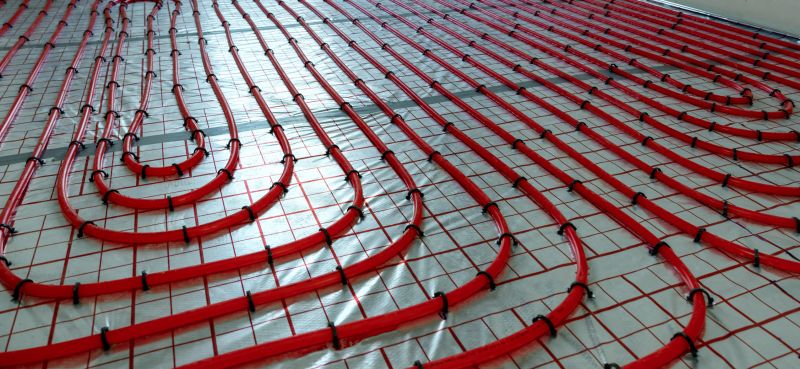
Ways to make Radiant Floor Heating Installations work in tight or awkward layouts.
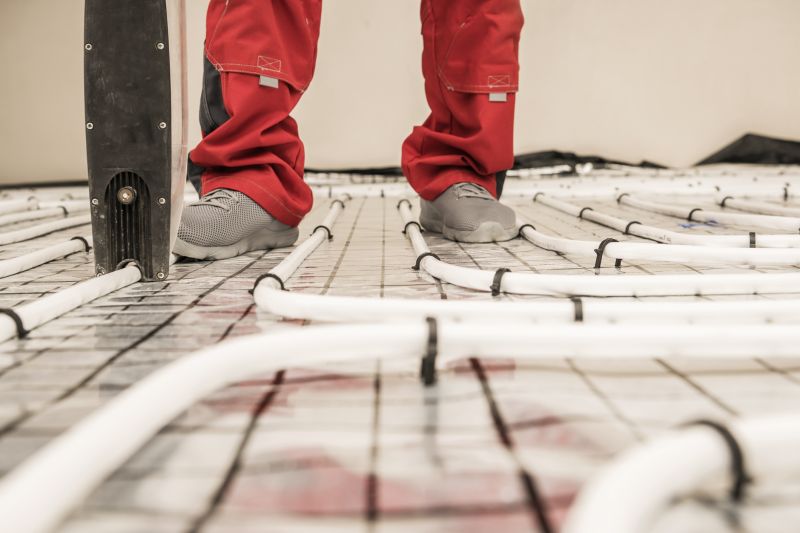
Popular materials for Radiant Floor Heating Installations and why they hold up over time.
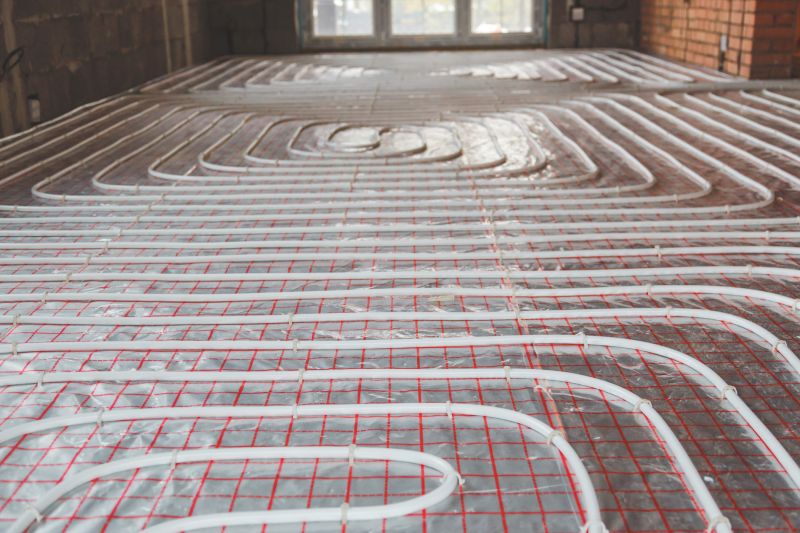
Simple add-ons that improve Radiant Floor Heating Installations without blowing the budget.
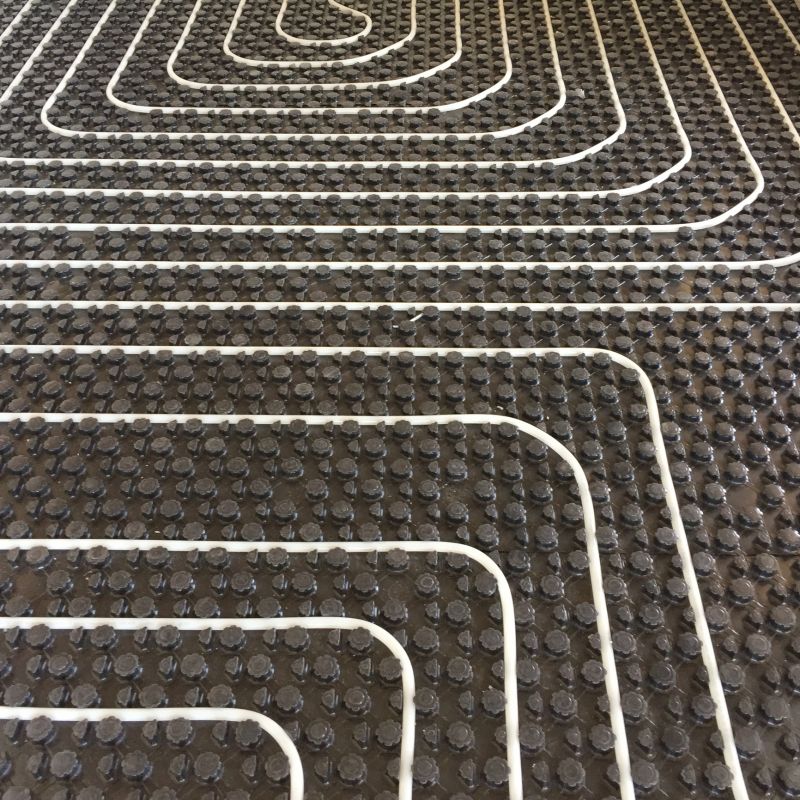
High-end options that actually feel worth it for Radiant Floor Heating Installations.
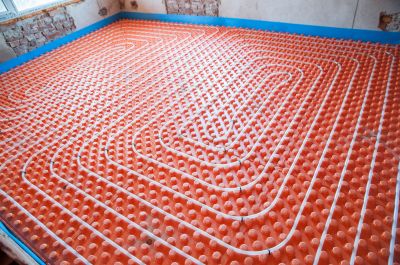
Finishes and colors that play nicely with Radiant Floor Heating Installations.
Radiant floor heating installations are most effective when performed during specific periods that facilitate proper setup and curing. The optimal time often depends on climate, construction schedules, and personal preferences. Installing during new construction or major renovations allows for easier integration into the building’s infrastructure, minimizing disruptions later. Fall and spring are generally considered ideal seasons for retrofit projects, as moderate weather conditions help ensure proper installation and curing of materials. Avoiding peak winter months can prevent delays caused by cold temperatures and logistical challenges.
Radiant floor heating offers consistent and efficient warmth, with studies showing up to 30% energy savings compared to traditional heating systems. Proper timing of installation can maximize these benefits by ensuring the system functions optimally from the start. Installation methods vary from electric mats to hydronic systems, each requiring specific conditions for best results. Planning installation during suitable seasons can also reduce costs associated with emergency repairs or expedited scheduling.
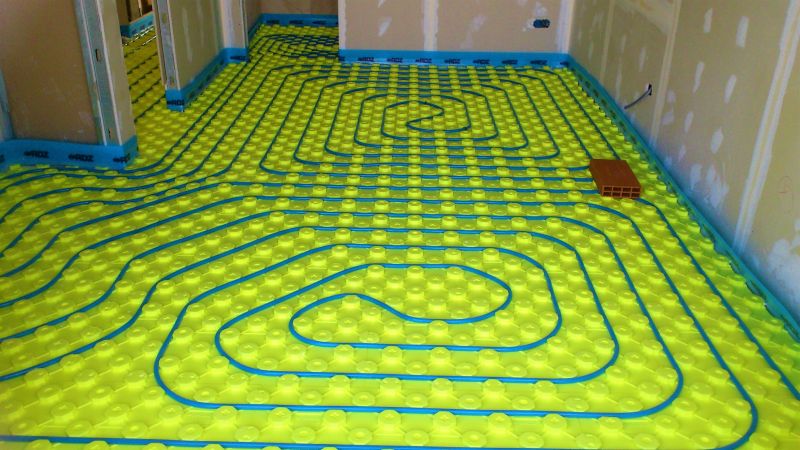
Electric systems are quick to install and suitable for smaller areas or retrofit projects.
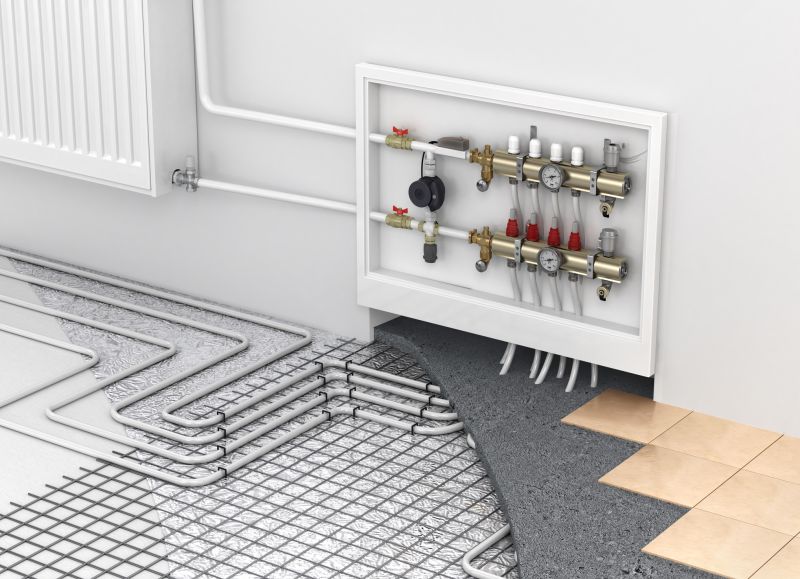
Hydronic systems use heated water and are ideal for whole-house installations.
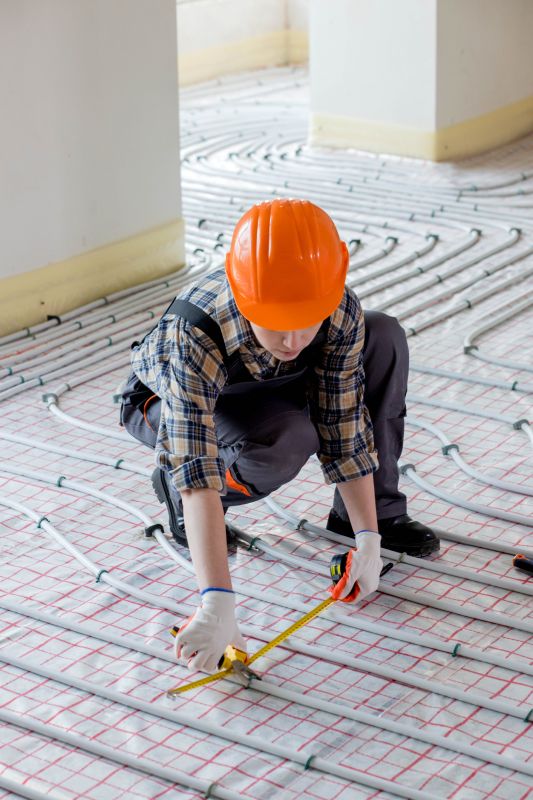
Proper tools and high-quality materials ensure a durable and efficient system.
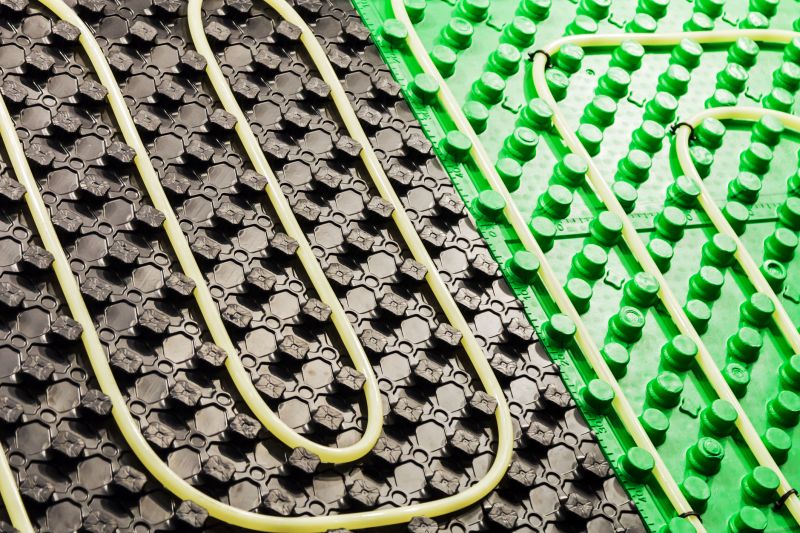
Completed installations provide uniform heat distribution and comfort.
| Season | Advantages |
|---|---|
| Spring | Moderate weather facilitates installation and curing. |
| Fall | Ideal for preparing homes before cold weather. |
| Summer | Potential for early installation in controlled environments. |
| Winter | Less suitable due to cold temperatures and scheduling challenges. |
Choosing the right time for radiant floor heating installation can influence the system’s longevity and efficiency. Proper planning ensures that installation occurs under optimal conditions, reducing the risk of issues such as uneven heating or system failure. Contractors often recommend scheduling during seasons with stable weather to allow for proper curing and testing. Additionally, early installation can lead to energy savings by providing warmth before the coldest months arrive.
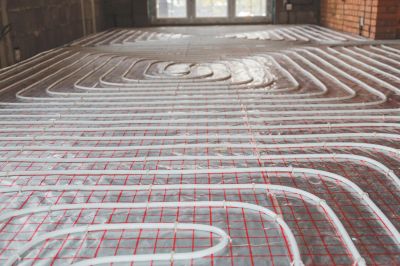
Key components include heating mats, pipes, thermostats, and insulation.
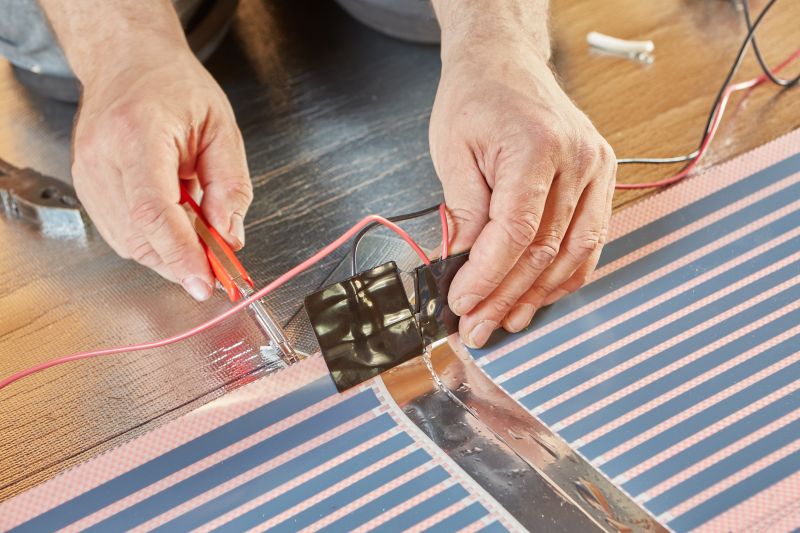
Steps involve laying out heating elements, connecting thermostats, and testing the system.
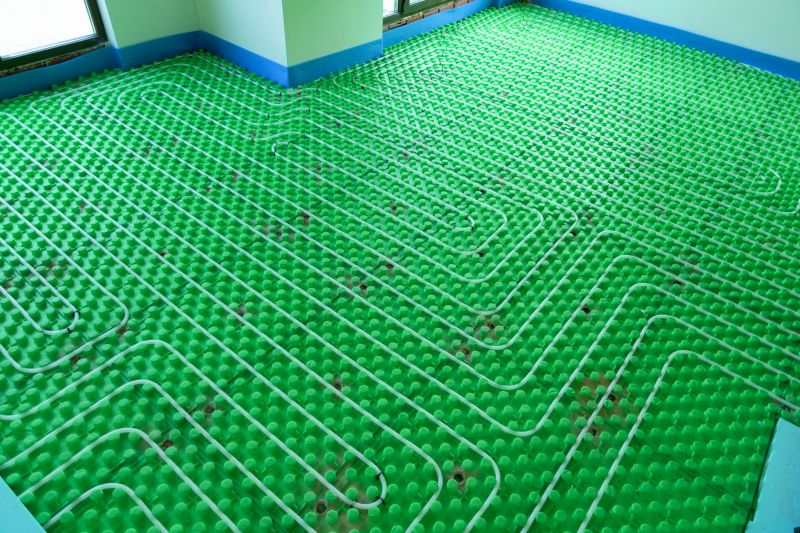
A seamless surface with embedded heating elements provides efficient warmth.
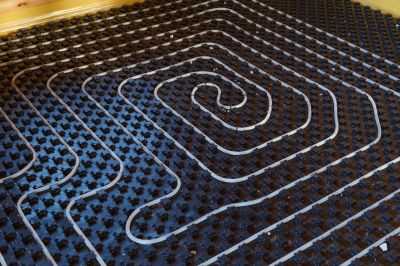
Smart thermostats allow for precise temperature management and energy efficiency.
Interested parties should consider scheduling installation during seasons that allow for optimal setup and minimal disruption. Proper timing ensures the system performs efficiently and provides lasting comfort. Contact professionals to discuss suitable timing based on local climate conditions and project scope.
Little measurements that prevent headaches on Radiant Floor Heating Installations day.
A 60-second routine that keeps Radiant Floor Heating Installations looking new.
A frequent mistake in Radiant Floor Heating Installations and how to dodge it.
